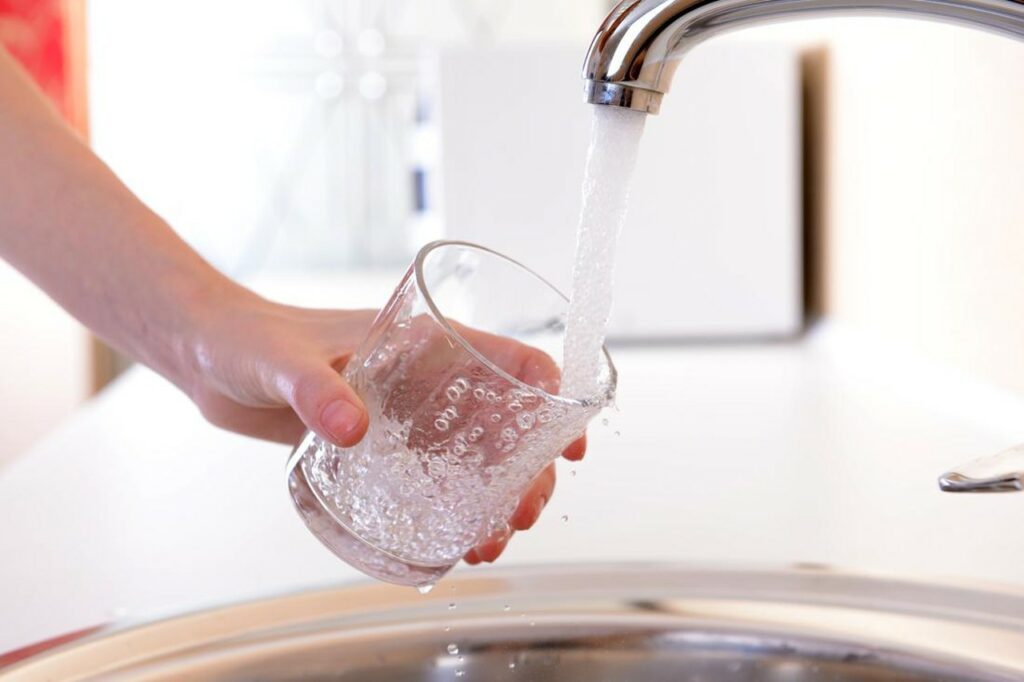The news of PFAS pollution in the Vivaqua network has drawn much attention in recent weeks, but it is only the tip of the iceberg when it comes to chemical pollutants, according to the hearings held in the Walloon Parliament on Thursday.
On Thursday, the Walloon Parliament's Environment Committee held hearings on the subject of PFAS (per- and polyfluoroalkyl substances, man-made pollutants known as "forever chemicals" because they don’t break down in the environment) in drinking water, with two officials from SPW Agriculture, Natural Resources and Environment.
Director-General Bénédicte Heindrichs apologised for the lack of communication with local authorities and the general public following the discovery of PFAS pollution in the Chièvres region. It was an act of contrition for not "having taken into account the emotion, questions and anger" that the situation might have provoked.
"If we could do it again, of course we would have communicated better. We learned our lesson and applied it directly in the Ronquières case," she said, stressing that it is "a very sensitive" case.
'Colossal' task ahead
However, during the same meeting, the Inspector General of the Department for the Environment and Water Benoît Tricot said that this PFAS pollution is just "the tip of the iceberg" of chemical pollution in Belgium's environment in general, and in drinking water specifically.
Humanity has, to various degrees, already released some 14,000 synthetic substances into the environment and generates about 2,000 more every year, said Tricot.
Many, if not all, of these substances end up in water at one point or another. In view of this chemical proliferation, between 2024 and 2028, the Water Directive will require public authorities to monitor 15 new substances deemed dangerous to health and the environment.
However, we may already be drinking and breathing these in every day, Tricot noted. He added that 15 more substances to track down is very few, but still "colossal" in terms of the scientific, financial, regulatory and legislative resources required.
Related News
- PFAS pollution in Brussels tap water: New tests expected this week
- High concentrations of most dangerous PFAS for half of Brussels residents
- PFAS water pollution: 'Standards never exceeded in Brussels,' Maron confirms
Heindrichs explained that it had taken Issep (the Walloon Public Service Scientific Institute) more than five years to develop and validate detection and measurement methods for 20 PFAS instead of six previously. "And there are between 5,000 and 10,000 of them."
This is the crux of the PFAS crisis, they both emphasised: the bodies responsible for monitoring health and the environment are fighting a losing battle to characterise, standardise and regulate the use of chemicals that are constantly entering the environment.
Against this backdrop of little or no knowledge of chemical products and their effects – for which standards either do not yet exist or have not officially come into force – it is hardly surprising that the "cacophony" and miscommunication denounced by MPs have created a stir and mistrust among the population, they said.
Tricot stressed that if the Walloon MPs continue to focus on pointing the finger, the blame that awaits them will be even greater later: other substances likely to pose problems for human health and the environment will continue to be released. "We will need a global response, and therefore also a political response, to legislate accordingly."

